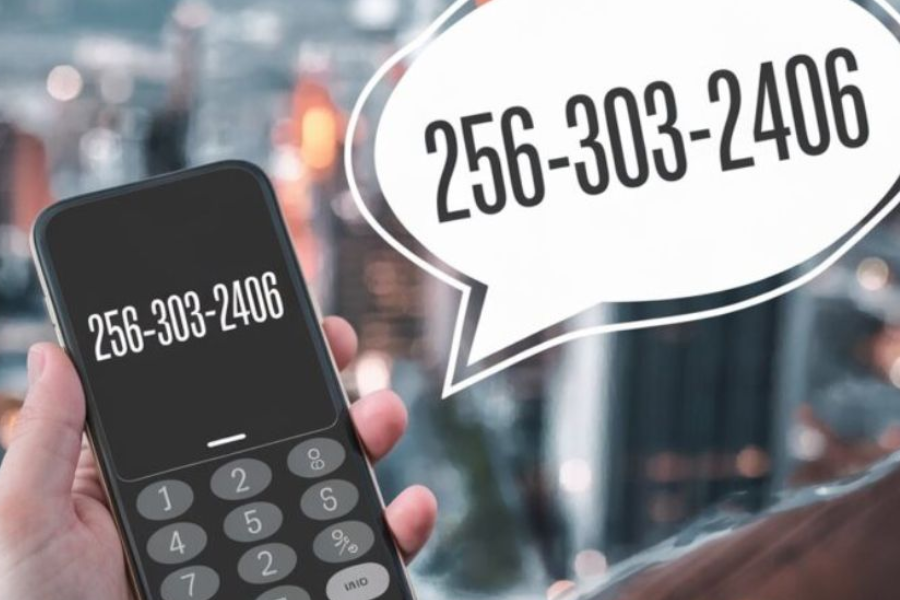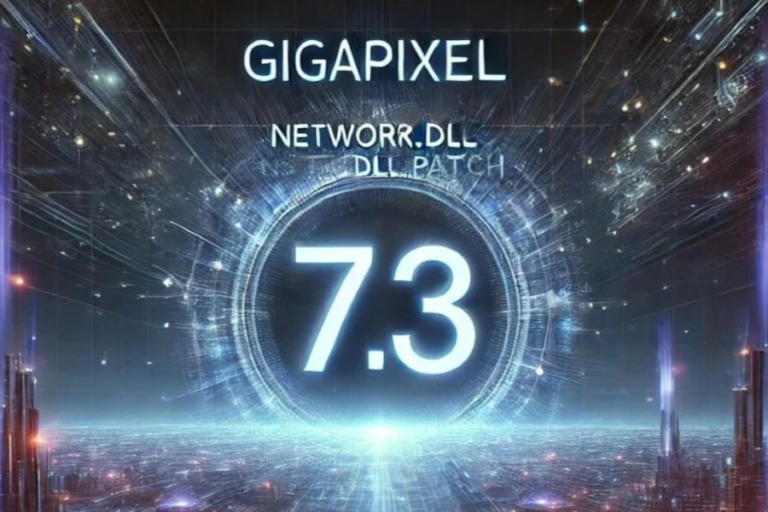Understanding the Risks of Phone Scams: A Closer Look at 256-303-2406
In today’s interconnected world, phone scams have proliferated, affecting countless individuals and causing financial and emotional distress. One phone number that has recently raised eyebrows is 256-303-2406. If you’re asking yourself, “Is 256-303-2406 a scam?” you’re not alone. This article aims to explore the nature of this number and provide essential insights into phone scams and how to protect yourself.
What Is a Scam Call?
Before diving into the specifics surrounding 256-303-2406, it’s important to define what constitutes a scam call. Typically, a scam call refers to an unsolicited communication from an individual or automated system that aims to deceive the recipient into divulging personal information, transferring money, or engaging in other fraudulent activities.
Common Types of Scam Calls
Understanding the types of scam calls can better prepare you to recognize and avoid them. Here are some prevalent categories:
- Phishing Calls: Scammers often attempt to trick individuals into revealing sensitive information, such as passwords or Social Security numbers, under the guise of legitimate inquiries.
- Impersonation Scams: In these scenarios, fraudsters masquerade as government officials, tech support representatives, or company employees to gain trust and extract money or sensitive information.
- Lottery and Prize Scams: These calls claim you’ve won a lottery or prize, but you must pay a fee upfront to claim your winnings.
- Debt Collection Scams: Fraudsters may call to inform you about alleged unpaid debts, often using threatening language to coerce you into making payments.
256-303-2406: Is It a Scam?
The phone number 256-303-2406 has garnered attention due to numerous reports linking it to scam activities. Victims have shared their experiences across various platforms, raising concerns about the legitimacy of calls from this number.
Understanding the Reports
Many reports regarding 256-303-2406 share alarming similarities, indicating that this number may be part of a larger fraudulent operation. Here are some common themes from victim accounts:
- Requests for Personal Information: Callers may inquire about sensitive details, claiming to represent legitimate organizations, thereby attempting to extract personal data.
- Threatening Language: Some victims reported aggressive or intimidating tactics used by callers, aiming to pressure them into compliance.
- Financial Requests: Scammers may solicit money under false pretenses, such as winning a prize or avoiding legal trouble.
Analyzing the Reports
The overwhelming consensus among those who have encountered calls from 256-303-2406 points to a suspicious pattern. Here are some critical observations:
- Unsolicited Calls: Most individuals reported that they did not expect or request a call from this number, which is a major red flag for potential scams.
- High-Pressure Tactics: Callers often employ urgency and pressure to cloud judgment, a common technique used in scams to prevent victims from critically evaluating the situation.
- Lack of Verifiable Information: Many calls come from numbers that are difficult to trace or verify, complicating efforts to confirm the legitimacy of claims made during the conversation.
How to Identify and Avoid Phone Scams
Recognizing and avoiding phone scams is crucial for protecting yourself. Here are practical tips to help you navigate suspicious calls effectively:
1. Verify the Caller’s Identity
Always request the caller’s name, position, and contact information. Legitimate organizations will willingly provide this information and allow you ample time to verify their identity.
2. Don’t Provide Personal Information
Exercise caution and refrain from sharing personal or financial information over the phone unless you have thoroughly verified the caller’s legitimacy.
3. Hang Up and Call Back
If a call claims to be from a company or organization you deal with, hang up and dial the official number listed on their website to verify the authenticity of the call.
4. Report Suspicious Calls
If you encounter suspicious calls, report them to the Federal Trade Commission (FTC) or your local consumer protection agency. This helps authorities track and combat fraudulent activities.
What to Do if You’ve Been Scammed
If you discover that you have fallen victim to a scam, it’s crucial to take prompt action to mitigate the damage and safeguard yourself from further harm. Here are essential steps to follow if you suspect you’ve been scammed:
1. Contact Your Financial Institutions
- Report the Incident: Immediately notify your bank or credit card company if you provided any financial information. They can monitor your accounts for suspicious activity and may assist in reversing fraudulent transactions.
- Freeze or Close Accounts: If you believe your account has been compromised, consider freezing or closing it to prevent further unauthorized access.
2. Change Your Passwords
- Update Online Accounts: Change the passwords for your online banking, email, and other critical accounts. Use strong, unique passwords for each account.
- Enable Two-Factor Authentication: Whenever possible, activate two-factor authentication (2FA) for an added layer of security.
3. Report to Authorities
- Federal Trade Commission (FTC): File a complaint with the FTC through their website. They collect information on scams and fraud and can offer guidance.
- Local Law Enforcement: Report the scam to your local police department. While they may not be able to recover your losses, your report can aid in broader investigations.
- Consumer Protection Agencies: Consider reaching out to your state’s consumer protection agency for additional support and advice.
4. Monitor Your Credit
- Check Your Credit Reports: Obtain a free credit report from each of the three major credit bureaus—Equifax, Experian, and TransUnion. Look for any unusual or unauthorized activity.
- Place a Fraud Alert: Consider placing a fraud alert on your credit report to alert creditors of potential identity theft.
5. Inform Credit Bureaus
- Report Identity Theft: If you suspect your identity has been stolen, report it to the credit bureaus. They can assist you in addressing any fraudulent accounts opened in your name.
6. Educate Yourself
- Learn About Scams: Familiarize yourself with common scam tactics to better recognize and avoid them in the future. Resources from the FTC and other consumer protection organizations can be invaluable.
- Share Information: Inform friends and family about the scam to prevent them from falling victim to similar schemes.
7. Seek Support
- Emotional Support: Being scammed can take an emotional toll. Consider talking to a counselor or support group to manage any stress or anxiety stemming from the experience.
By taking these steps, you can address the immediate consequences of a scam and work towards protecting yourself from future fraudulent activities.
Conclusion
In summary, 256-303-2406 has been linked to various scam activities based on reports and user experiences. Understanding the characteristics of phone scams and knowing how to protect yourself are essential to avoiding fraud.
Always exercise caution when receiving unsolicited calls, and take the time to verify the legitimacy of any requests for personal or financial information. By staying informed and vigilant, you can help safeguard yourself from potential scams and contribute to a more secure community.
Feel free to share this guide to help others recognize and avoid scams related to 256-303-2406. Your awareness could make a significant difference in preventing fraudulent activities and protecting those around you.
Facts
- Nature of Scam Calls: Scam calls aim to deceive recipients into sharing personal information or making payments.
- Common Types of Scams: These include phishing, impersonation, lottery, and debt collection scams.
- Reports on 256-303-2406: Victims have reported unsolicited calls, high-pressure tactics, and requests for sensitive information linked to this number.
- Protective Measures: Key tips include verifying caller identity, refraining from sharing personal information, and reporting suspicious calls to authorities.
- Action Steps if Scammed: Victims should contact financial institutions, change passwords, report the scam to authorities, and monitor credit reports.
FAQs
Q: How can I tell if a call is a scam?
A: Look for unsolicited calls, requests for personal information, and high-pressure tactics. Scammers often employ these methods to deceive you.
Q: What should I do if I receive a suspicious call from 256-303-2406?
A: Avoid providing any personal information. Hang up and report the call to the FTC and your local consumer protection agency.
Q: Can scammers use spoofed numbers?
A: Yes, scammers frequently use technology to spoof phone numbers, making it seem like the call is coming from a legitimate source.
Q: Is it safe to call back a number I don’t recognize?
A: Generally, it’s not advisable to call back unfamiliar numbers, especially if they have been flagged as suspicious. Verify the number through official channels if necessary.
Q: How can I protect myself from phone scams?
A: Verify caller identity, don’t share personal information, hang up and call back using official numbers, and report suspicious calls.







